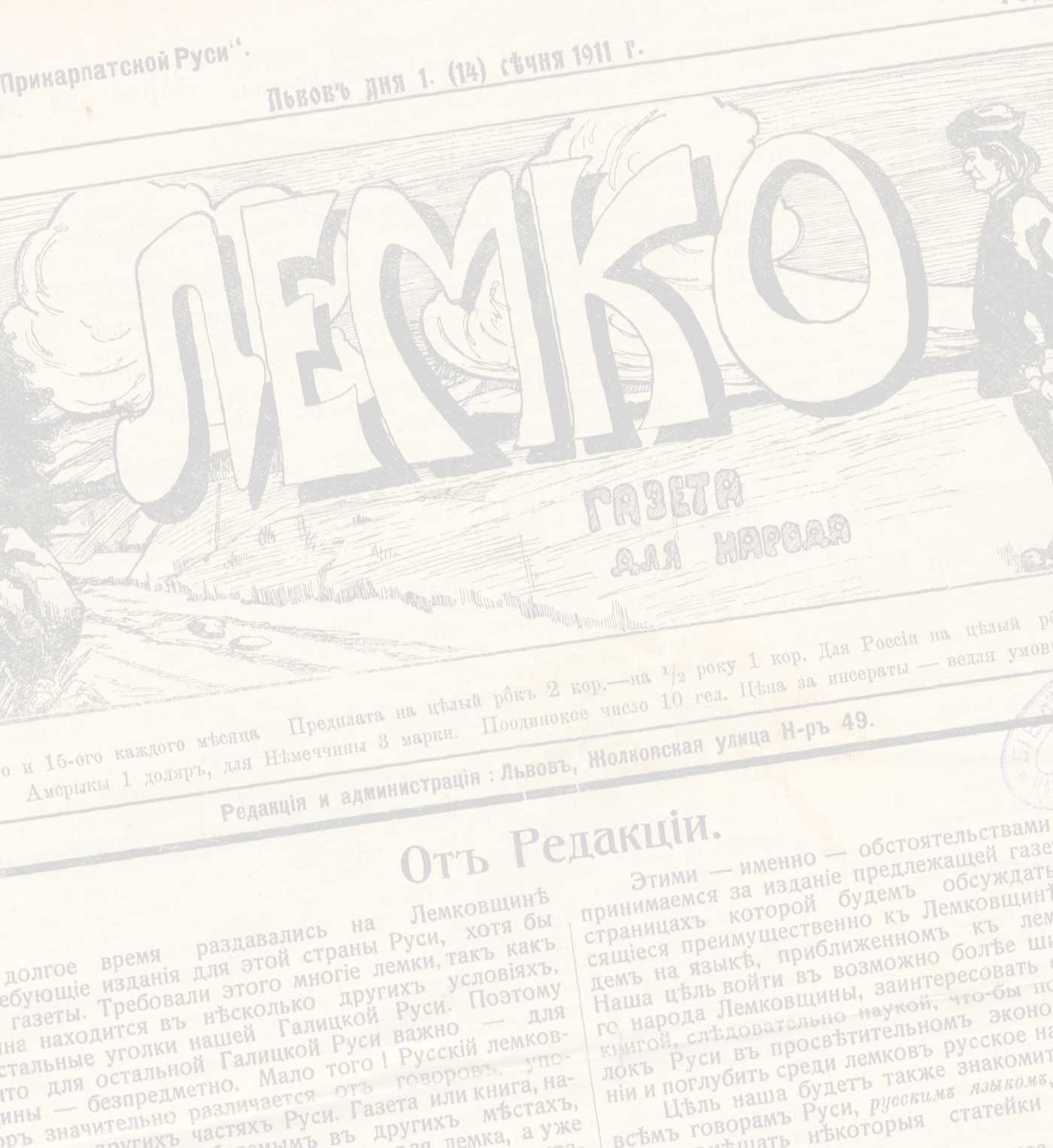
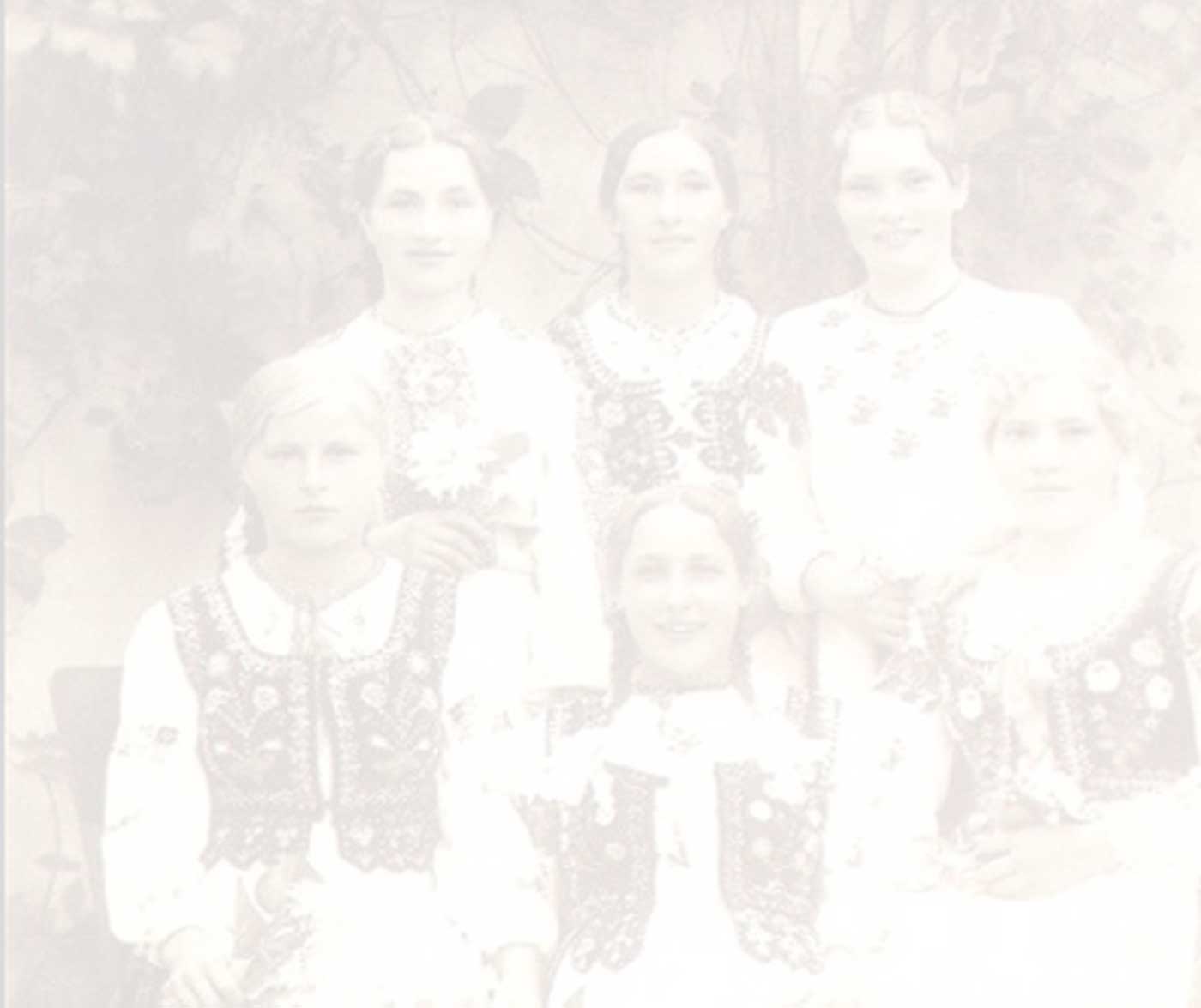
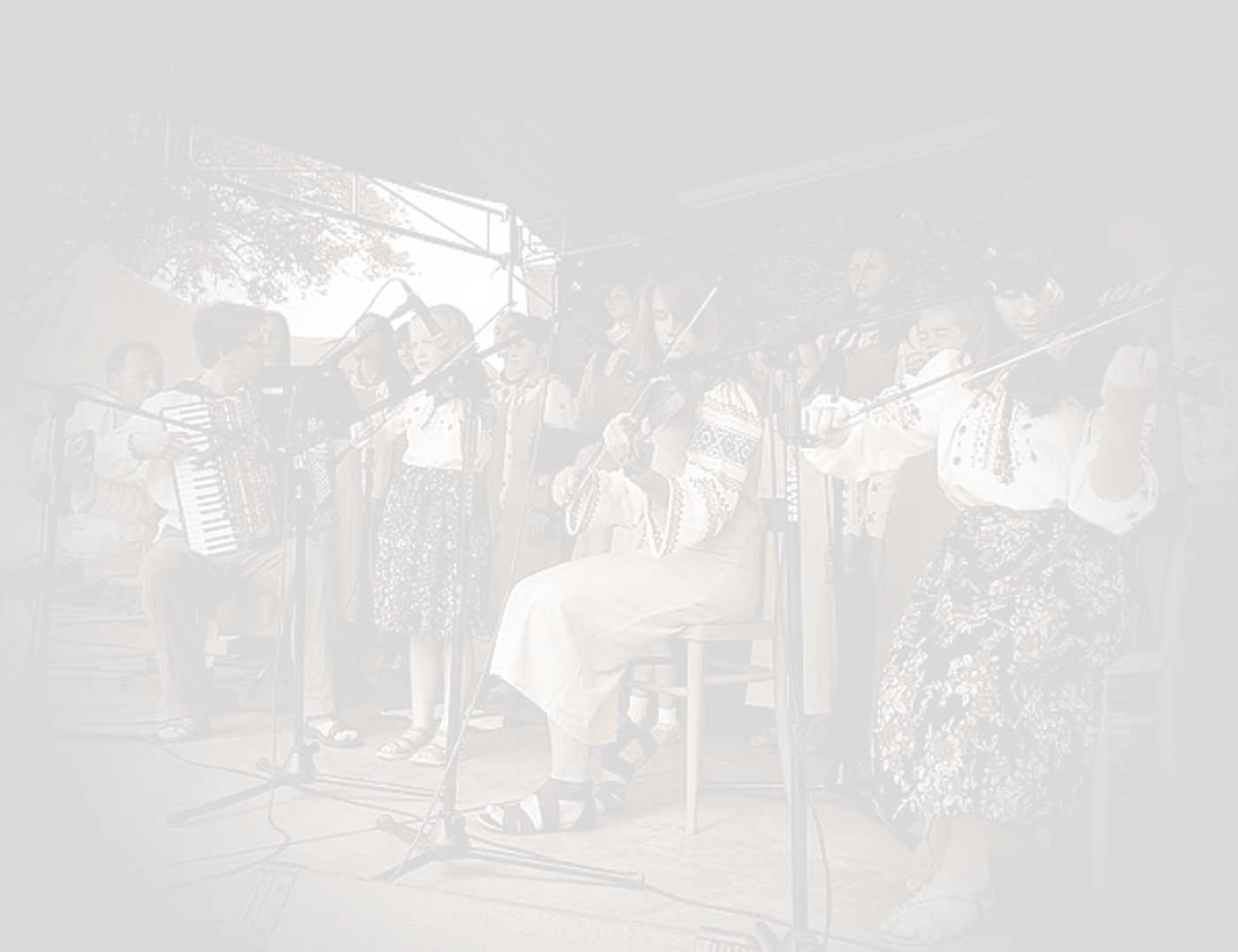
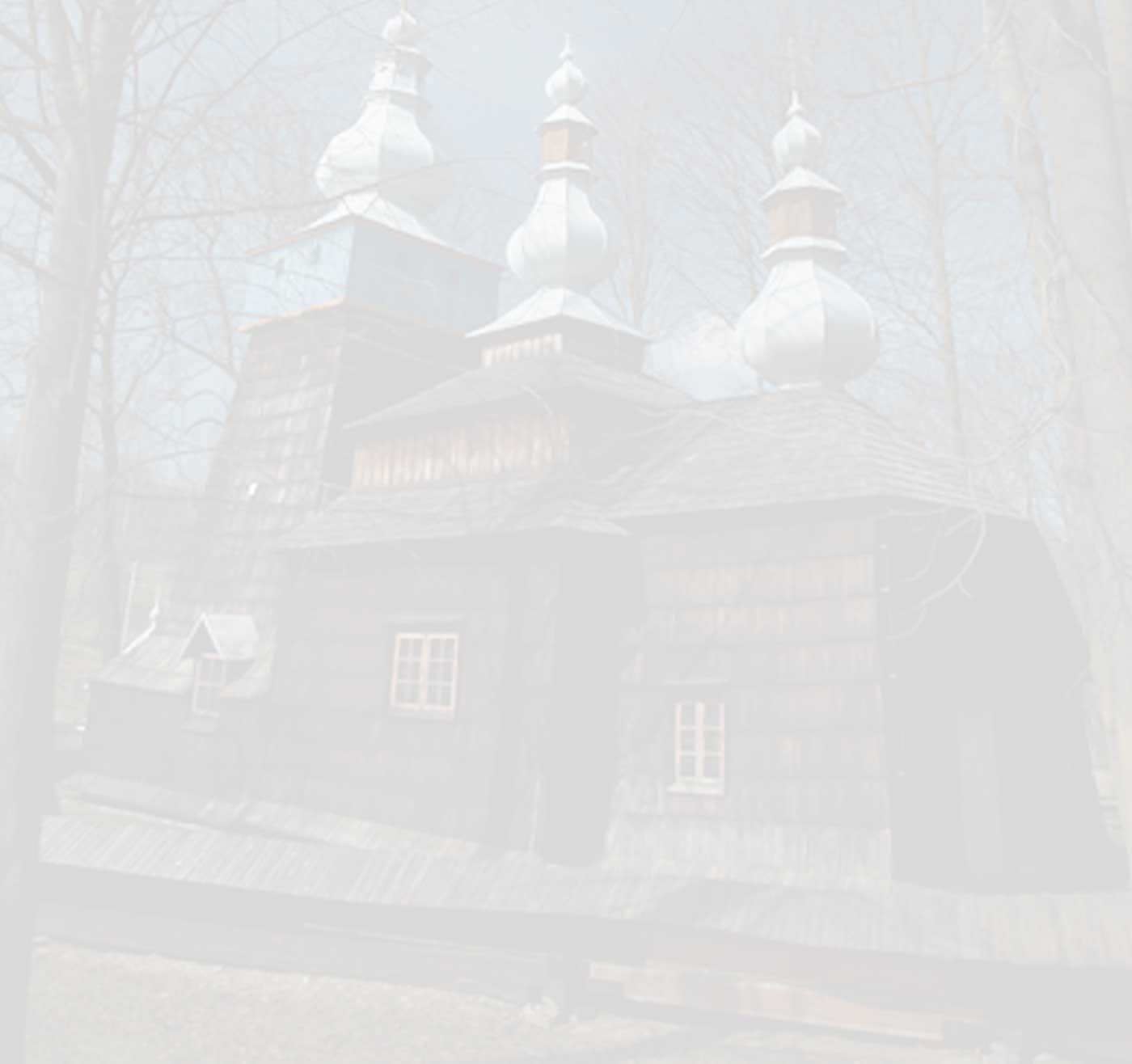

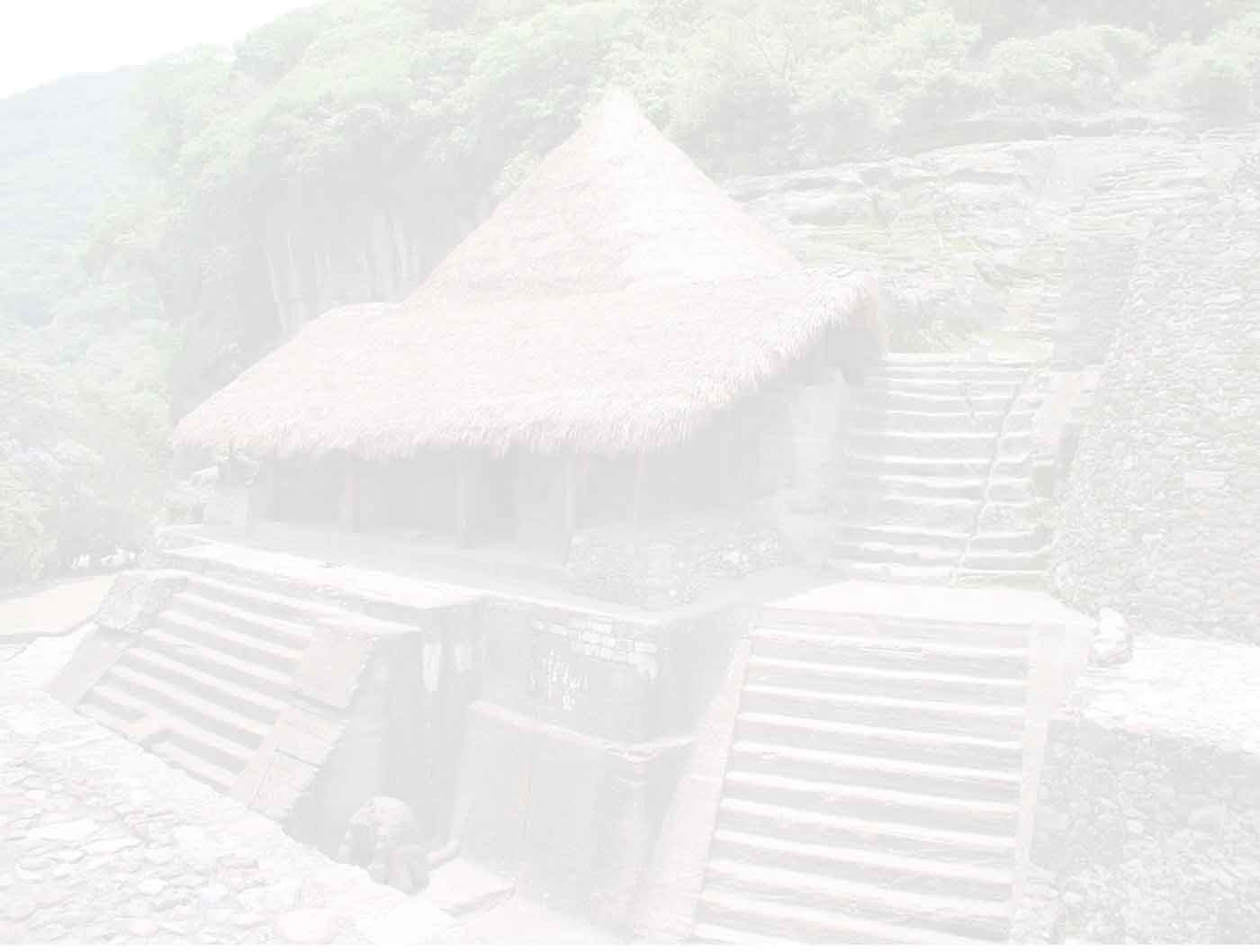
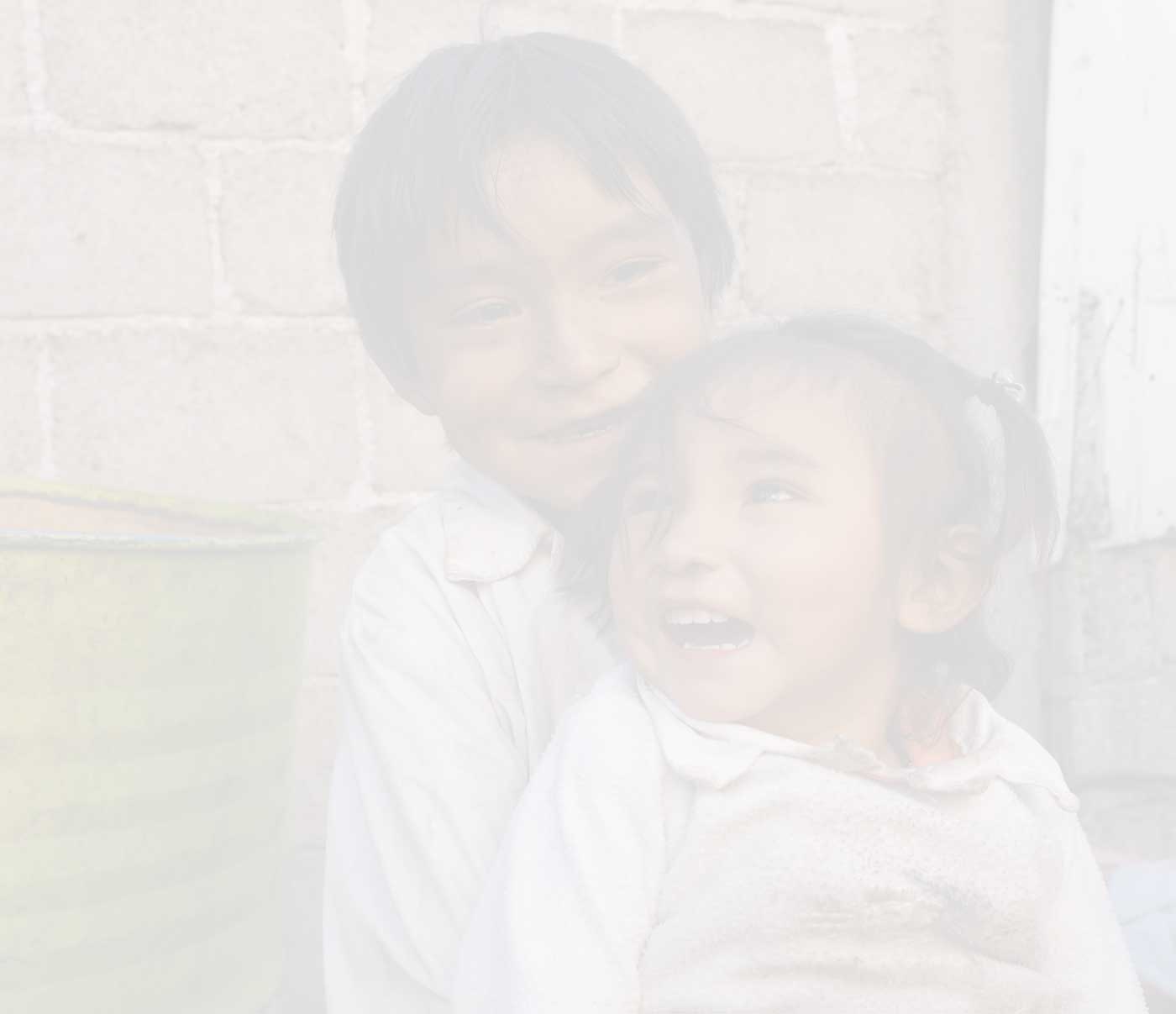

















Endangered languages. Comprehensive models for research and revitalization.
The project Endangered languages. Comprehensive models for research and revitalization is being carried out at the University of Warsaw, with the direct participation of the Instituto de Docencia e Investigación Etnológica de Zacatecas (IDIEZ), Adam Mickiewicz University and the Pedagogical University of Cracow, and in collaboration with the Wired Humanities Projects at the University of Oregon (Eugene) and the Universidad Autonóma de Tlaxcala. It focuses on three endangered languages in two countries: Nahuatl in Mexico; and Lemko and Wymysiöeryś in Poland. Our main aims include the construction of a unique, efficient model for the revitalization of each of these languages, as well as a more general, universal model for revitalization that could be applied to other endangered languages. These goals are being pursued in two ways: first, through interdisciplinary research including documentary work as well as investigation of both the cultural-historical background and the present state of the languages; and second, through close collaboration with Nahuatl, Lemko and Wymysiöeryś native speakers and their communities. We also hope to work together with state institutions responsible for language policy and educational programs for minority groups.
The novelty of the project lies mainly in its model for collaboration with speakers of the studied languages. The traditional approach in ethnographic research has consisted in drawing a firm boundary between the informant (conceived of as a possessor of native cultural knowledge) and the anthropologist (the only participant capable of understanding and interpreting this knowledge at an academic level). The project attempts to deconstruct this boundary by assigning an active role to students and researchers who are members of the communities under investigation. Their participation helps to overcome certain limitations common to revitalization projects, such as the failure to recognize communities’ actual needs or the undervaluing of local attitudes towards language revitalization. Contact with speakers of the studied languages is established directly by different types of meetings, conferences and local events, and, on a wider scale, by means of this project’s website. It will gradually include many kinds of linguistic and cultural resources collected during the course of the project but, most importantly, it has been designed as a space available for writers in Nahuatl, Lemko and Wymysiöeryśto publish their works. Thus, our website is available in all three languages, as well as in Polish, Spanish and English, in order to enable as wide a public as possible to take advantage of the resources.
Another pioneering, boundary-crossing measure is our attempt to overcome the isolation of groups that struggle to preserve their languages. In spite of the fact that they originate in different environments, these three language communities share similar problems relating to administrative barriers, discrimination and marginalization. The project provides spaces for them to exchange and discuss common experiences. The original participants in the project also seek to include representatives of other endangered language communities in the seminars we carry out on a regular basis. This approach endeavors to raise the discussion from a local to a more global level. We believe that the revitalization of a language cannot be accomplished unless its speakers’ voices are heard within the context of a global cultural heritage. At the same time, the project encourages speakers of Nahuatl, Lemko and Wymysiöeryś to actively develop their language and extend its use into more and more sectors of modern culture and social life.
Last but not least, the project aims to make important contributions to scientific knowledge about the studied languages, compiling extensive documentation of both a historical (archival texts) and a contemporary (digital recordings) nature. Particular interest is given to tracing the process of linguistic change, especially that induced by contact with a dominant or neighboring culture, searching as far into the past with written sources, as possible. This aspect of the research facilitates the identification of vocabulary and linguistic structures that have fallen out of use, but may be reintroduced into the endangered language and thereby increase the resources that will allow it to serve as an efficient instrument of criticism, communication and creation in the ever-evolving contexts of modern life. The collected resources will also serve to expand and enrich already existing dictionaries, grammars and manuals.
The project is financed by the National Programme for the Development of Humanities (Narodowy Program Rozwoju Humanistyki).
